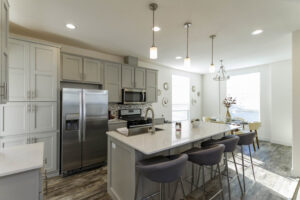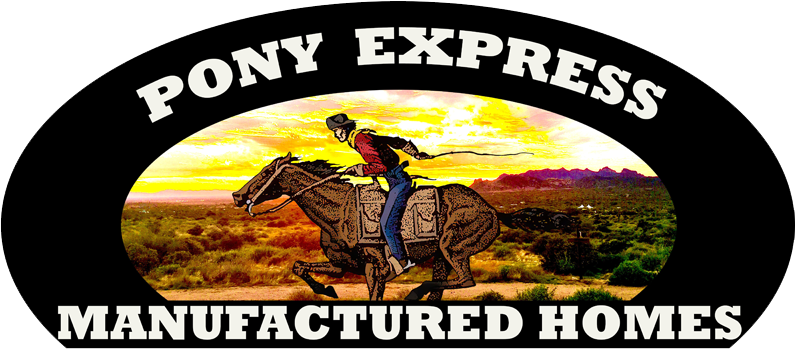Understanding the Differences Between Manufactured Homes, Mobile Homes, and Trailers

Housing options have evolved significantly over the years, with various types of dwellings designed to meet different needs and lifestyles. Among the options available, manufactured homes, mobile homes, and trailers are often terms that can cause confusion due to their similarities in appearance and construction. However, these terms refer to distinct housing structures with unique characteristics, legal statuses, and purposes. In this article, we will explore the differences between manufactured homes, mobile homes, and trailers to help you better understand these housing options.
Manufactured Homes
Manufactured homes, often referred to as “mobile homes” in the past, are factory-built housing units constructed to strict federal building codes set by the U.S. Department of Housing and Urban Development (HUD). These homes are built in a controlled environment and then transported to their final location, where they are installed on a permanent foundation.
Key Characteristics of Manufactured Homes:
Built to HUD standards, which regulate design, construction, durability, and safety.
Typically larger and more spacious than traditional mobile homes.
Designed to resemble conventional houses with various architectural styles.
Can be placed in manufactured home communities or on private land.
Can appreciate in value over time, similar to traditional homes, depending on factors like location and maintenance.
Manufactured homes are designed for permanent residence and can offer a comfortable, affordable housing solution for individuals and families.
Mobile Homes
The term “mobile home” is now largely outdated, as it was historically used to describe a type of factory-built housing that predates modern manufactured homes. Mobile homes were constructed before the implementation of HUD standards in 1976, and they often have characteristics that differentiate them from manufactured homes.
Key Characteristics of Mobile Homes:
Typically smaller and less spacious than modern manufactured homes.
May not meet current safety and construction standards.
Often built on a chassis with wheels, allowing for mobility.
May lack the aesthetic features and durability of manufactured homes.
Limited in terms of permanent housing options due to outdated construction standards.
Mobile homes are now considered less desirable as permanent residences due to their often outdated construction and lack of compliance with modern building codes. Many have been replaced by manufactured homes that offer better safety and quality.
Trailers
Trailers, sometimes referred to as “travel trailers” or “RVs” (Recreational Vehicles), are entirely different from both manufactured homes and mobile homes. These are designed for temporary or recreational use rather than permanent residence.
Key Characteristics of Trailers:
Built on a trailer chassis with wheels for easy transport.
Designed for vacations, camping, or short-term stays.
Limited living space, with basic amenities such as sleeping quarters, a kitchenette, and a bathroom.
Not constructed to the same standards as manufactured homes, as they are not intended for permanent occupancy.
Registered as vehicles and subject to motor vehicle laws and regulations.
Trailers are popular among travelers and outdoor enthusiasts who require a portable living space for recreational purposes. They are not suitable for year-round living and are not regulated in the same way as manufactured homes or mobile homes.
Understanding the differences between manufactured homes, mobile homes, and trailers is essential when considering housing options. Manufactured homes are built to strict federal standards, designed for permanent residence, and can appreciate in value. Mobile homes, while similar in appearance, often lack modern standards and are no longer produced. Trailers, on the other hand, are mobile, recreational units designed for temporary use and are not meant for full-time living.
When choosing a housing option, it’s important to consider your needs, budget, and long-term plans to determine which type of dwelling is most suitable for you. Each option has its own advantages and disadvantages, so making an informed decision is key to finding the right housing solution for your lifestyle.
